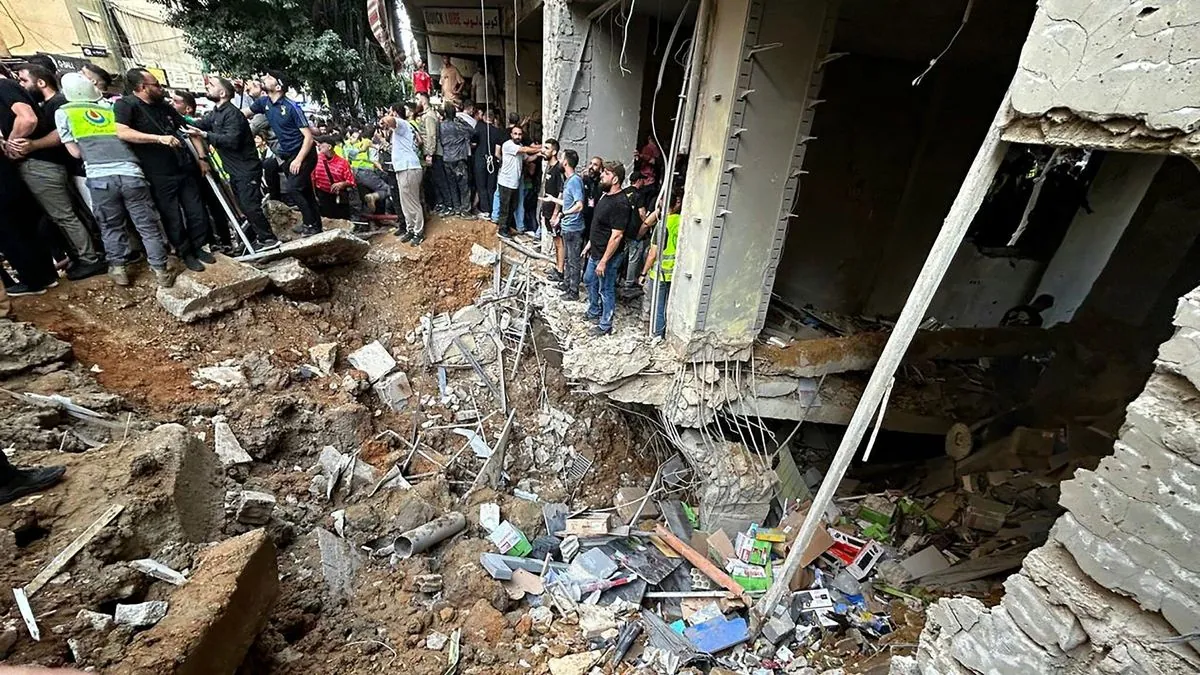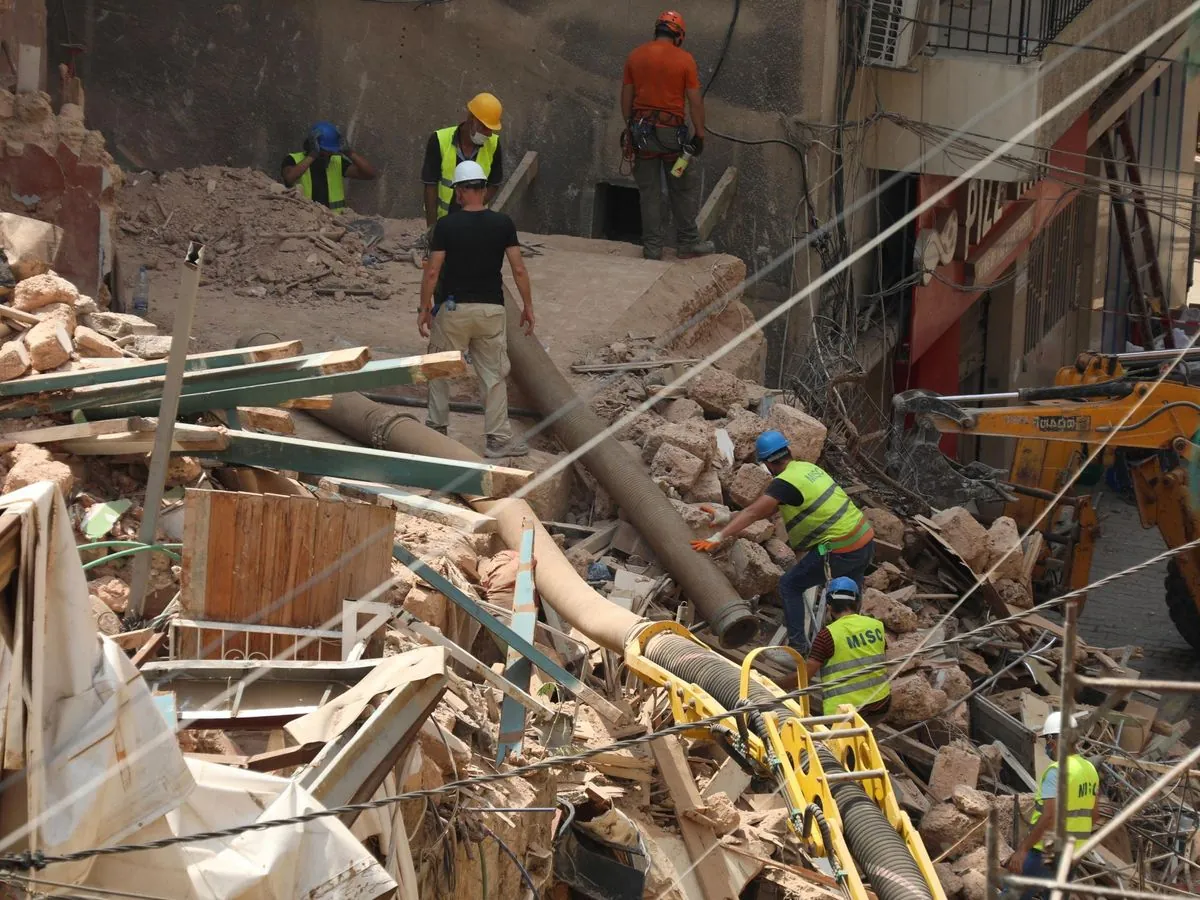Deadly Israeli Strike in Beirut Escalates Conflict with Hezbollah
An Israeli airstrike in Beirut killed 31 people, including Hezbollah leaders, marking a significant escalation in the year-long conflict. The UN calls for an end to violence as concerns grow over potential widening of hostilities.

An Israeli airstrike in a Beirut suburb on September 20, 2024, resulted in the deaths of at least 31 individuals, including 16 members of Hezbollah, marking a significant escalation in the ongoing conflict between Israel and the Iran-backed group. The Lebanese health ministry reported that among the casualties were three children and seven women, making it the deadliest strike in the year-long hostilities.
Hezbollah, an organization founded in 1982 during the Lebanese Civil War, confirmed the loss of two senior leaders in the attack: Ibrahim Aqil and Ahmed Wahbi. Wahbi had overseen military operations of the Radwan special forces during the Gaza war until early 2024. This strike follows a pattern of targeted attacks, with Israel having eliminated Fuad Shukr, Hezbollah's top military commander, in a similar operation in July 2024.
The recent escalation comes after a series of attacks on Hezbollah's communication devices, including pagers and walkie-talkies, which resulted in 39 deaths and over 3,000 injuries. These actions are widely attributed to Israel, though it has neither confirmed nor denied involvement.

Israeli officials have indicated that these operations are part of a new phase in the conflict. Yoav Gallant, Israel's Defence Minister, stated on social media platform X, "The sequence of actions in the new phase will continue until our goal is achieved: the safe return of the residents of the north to their homes." This statement underscores the broader impact of the conflict, which has led to the evacuation of tens of thousands of people from both sides of the Israel-Lebanon border since October 2023.
Hezbollah, known for its extensive military capabilities with an estimated 25,000-50,000 fighters and an arsenal of over 100,000 rockets and missiles, has been firing rockets at Israel in solidarity with Palestinians in Gaza. The group's involvement in the conflict reflects its significant political and military influence in Lebanon, supported by Iran.
The United Nations Special Coordinator for Lebanon, Jeanine-Hennis Plasschaert, expressed grave concern over the escalation, stating, "This must stop now." The international community fears that the conflict, which has largely been contained to border areas, may intensify and spread to other regions.
"The Israeli enemy is taking the region to war. We've been taking out women and children from under the rubble."
As the death toll in Lebanon since October 2023 surpasses 740, the current conflict between Israel and Hezbollah is considered the most severe since their all-out war in 2006, which lasted 34 days and resulted in over 1,000 Lebanese and 165 Israeli deaths.
The situation remains tense, with both sides showing no signs of de-escalation. The international community continues to call for restraint and dialogue to prevent further loss of life and potential regional destabilization.


































